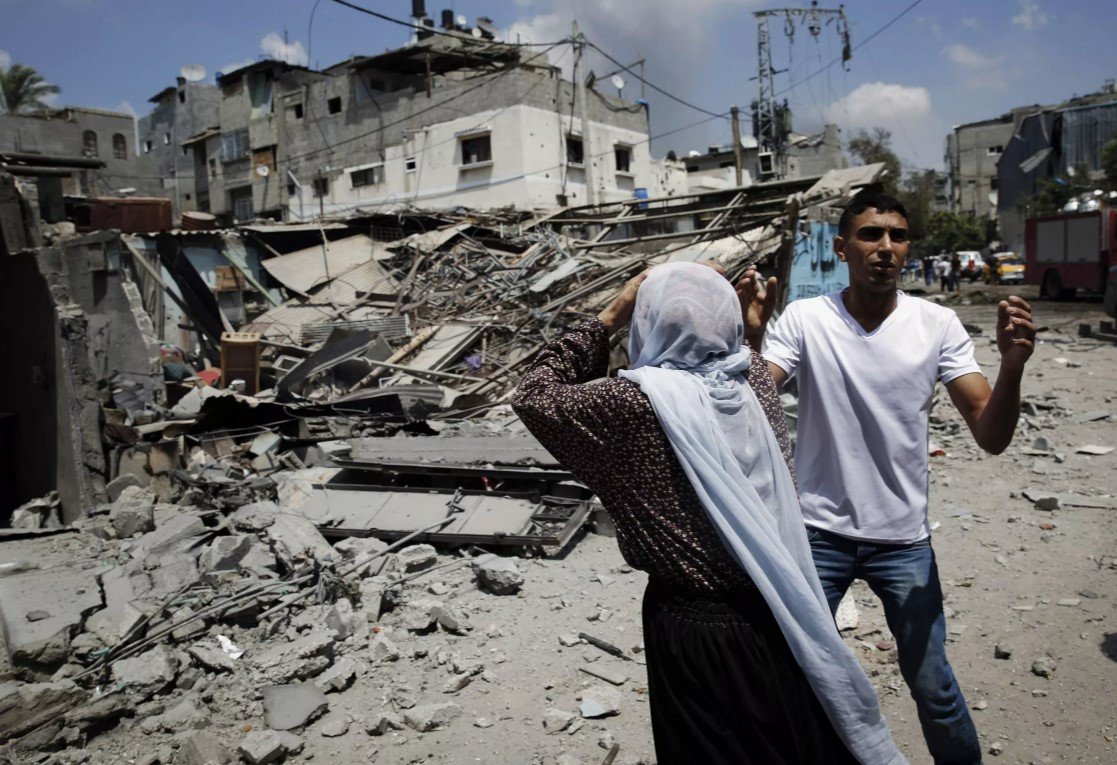The humanitarian emergency in Gaza demands urgent global attention. Millions face shortages of food, clean water, medical care, and safety due to ongoing conflict and restricted access to resources. While the desire to help is widespread, it’s essential to channel support through ethical, verified, and impactful avenues. This article outlines practical ways to assist Gaza’s population while prioritizing their dignity, safety, and long-term well-being.
1. Financial Contributions to Trusted Organizations
One of the most direct ways to assist Gaza is by donating to reputable humanitarian agencies with established networks in the region. Organizations like UNRWA (United Nations Relief and Works Agency) provide critical services such as food distribution, healthcare, and education to Palestinian refugees. Similarly, Médecins Sans Frontières (Doctors Without Borders) operates in conflict zones to deliver emergency medical care, while the Palestine Red Crescent Society focuses on ambulances and emergency response. Before donating, verify the credibility of charities using platforms like Charity Navigator or Guidestar to ensure transparency and accountability.
2. Advocate for Political and Policy Reform
Sustainable change often requires systemic action. Engage with elected officials to demand policies that prioritize humanitarian aid access, ceasefire agreements, and an end to blockades that restrict essential supplies like medicine and fuel. International bodies such as the United Nations regularly vote on resolutions related to Gaza—pressure governments to support these efforts. Signing petitions from organizations like Amnesty International or Human Rights Watch can amplify collective calls for justice and accountability.
3. Elevate Palestinian Stories and Voices
Amplifying firsthand accounts from Gaza ensures the world does not overlook the crisis. Follow and share content from journalists and activists based in Gaza, such as Motaz Azaiza or Bisan Owda, who document daily realities under siege. Reputable media outlets like Al Jazeera and The New Humanitarian provide in-depth coverage that challenges underreporting in mainstream channels. Always prioritize accuracy to avoid spreading misinformation, which can exacerbate harm.
4. Support Grassroots and Local Initiatives
Local NGOs and community-led efforts often deliver aid more swiftly and culturally sensitively than larger institutions. For example, the Palestine Children’s Relief Fund (PCRF) specializes in medical care for injured children, while campaigns like eSIMs for Gaza help residents maintain communication with the outside world. Crowdfunding platforms like LaunchGood host verified emergency appeals for food, shelter, and medical supplies.
5. Engage in Ethical Consumer Choices
Economic pressure can influence policy. Research companies implicated in funding or supplying weapons to conflicts in Gaza and avoid supporting them. The Boycott, Divestment, and Sanctions (BDS) movement offers guidance on aligning purchasing decisions with human rights principles. Conversely, purchasing goods from Palestinian-owned businesses—such as olive oil, dates, or traditional crafts—strengthens Gaza’s economy.
6. Volunteer Skills and Expertise
Professionals can contribute meaningfully by offering their skills remotely. Medical workers might partner with NGOs to advise on trauma care, while educators can create online learning resources for displaced children. Translators and writers can help amplify advocacy materials or translate urgent appeals into multiple languages.
7. Educate Yourself and Others
Understanding Gaza’s history—from the Nakba to the current blockade—is vital to contextualize the crisis. Books like Gaza: An Inquest into Its Martyrdom by Norman Finkelstein or documentaries like Gaza Fights for Freedom provide critical insights. Host community discussions, share resources on social media, or collaborate with local organizations to educate others about root causes and solutions.
8. Challenge Biased Media Narratives
Many media outlets downplay or misrepresent Gaza’s plight. Write to editors, use social media to call out omissions, and support independent journalists covering the region. Public pressure can push mainstream platforms to improve accuracy and balance in their reporting.
9. Spiritual and Community Support
For those motivated by faith, organizing interfaith vigils, prayers, or fundraising through religious institutions can foster solidarity. Organizations like the Zakat Foundation channel charitable donations in alignment with Islamic principles, ensuring aid reaches vulnerable families.
10. Prioritize Long-Term Solidarity
Humanitarian crises fade from headlines but require sustained attention. Commit to long-term advocacy by joining Palestinian-led movements, attending protests, or supporting legal efforts to hold perpetrators of war crimes accountable. Stay informed about evolving needs—such as mental health support for trauma survivors—and adjust actions accordingly.
Faqs
How can I ensure my donation reaches Gaza?
Stick to organizations with verifiable track records, local partnerships, and public financial disclosures. Avoid intermediaries and donate directly through official websites.
Is sending physical goods effective?
Due to blockades and logistical challenges, monetary donations are typically more efficient. However, some NGOs coordinate shipments of medical supplies—contact them directly before sending items.
Can I volunteer in Gaza?
Most NGOs operate remotely due to safety concerns. However, professionals like doctors or engineers may find opportunities through agencies like Médecins Sans Frontières. Always check travel advisories and security protocols.
Conclusion
Helping Gaza requires a blend of immediacy and perseverance. While emergency aid saves lives, lasting change depends on addressing systemic injustices through advocacy, education, and global solidarity. By acting thoughtfully and collaboratively, individuals worldwide can contribute to a future where Palestinians in Gaza live with safety, freedom, and dignity.
